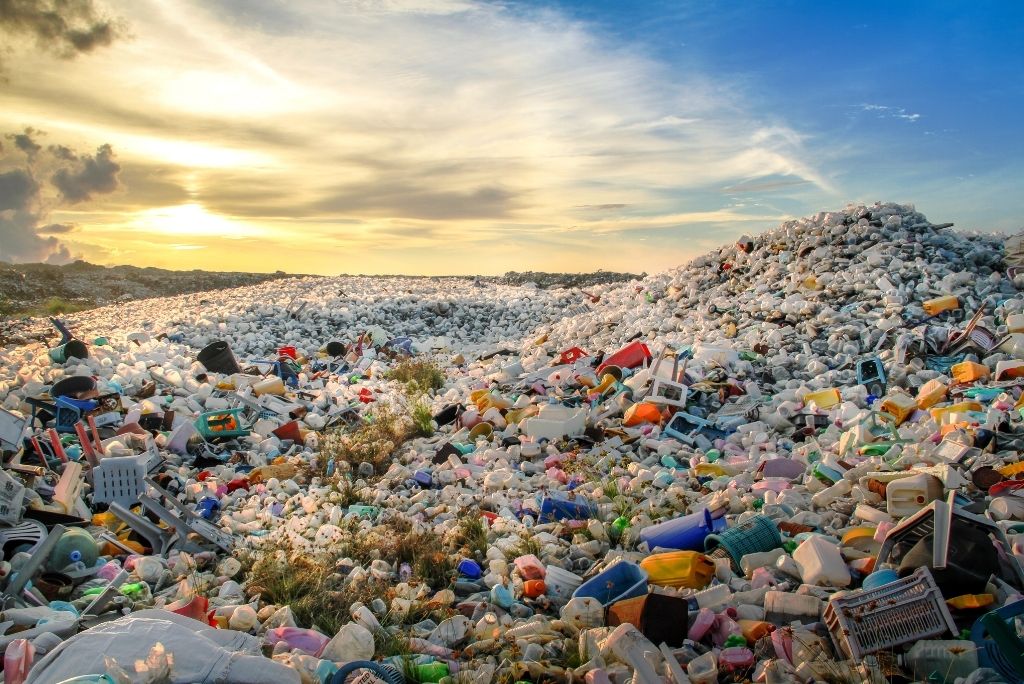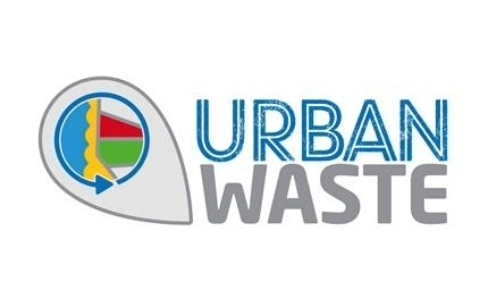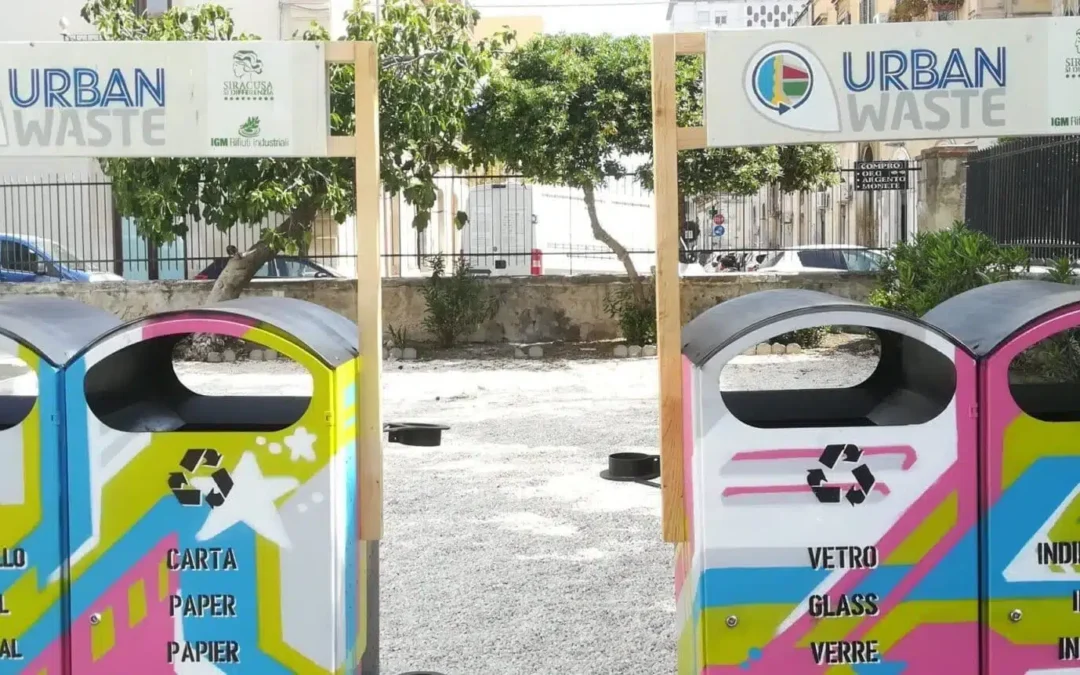URBAN-WASTE, funded under the EU’s Horizon 2020 program (2016–2019), tackled one of urban tourism’s thorniest challenges — waste overflow during peak seasons, with a clever goal: shift from waste disposal to reclaiming it as a resource in other words – sustainable waste management.
Core Mission
The project developed eco-innovative, gender-sensitive strategies to prevent and manage waste in cities crowded by tourism. It sought to plug waste back into the urban metabolism, weaving it into broader plans for risk prevention, land-use, and sustainability.
Where It Took Root
URBAN-WASTE piloted in 11 diverse cities and regions, including Tenerife (Spain), Tuscany (Italy), Kavala (Greece), Copenhagen (Denmark), Lisbon, Nice Côte d’Azur, Nicosia (Cyprus), Ponta Delgada (Azores), Santander (Spain), Syracuse (Italy), and Dubrovnik‑Neretva (Croatia).
How It Worked
- Participatory approach: Engaged local policymakers, tourism actors, and communities through action plans and mutual learning.
- Urban metabolism model: Treated waste as a loopable resource rather than refuse.
- Gender-sensitive initiatives: Ensured strategies addressed the needs and roles of all genders equally.
Key Innovations & Tools
- WasteApp mobile app: A gamified tool encouraging tourists—and locals—to follow city waste rules via real-time feedback.
- Charter of Commitments: A sustainability manifesto designed for cities and regions to pledge a circular-tourism approach.
- Guidelines for city managers: Covering 22 eco-innovative measures, from beach waste bins to reuse agreements.

Focus Areas and Best Practices
URBAN-WASTE prioritized high-impact areas:
- Food waste: From “Right Portion” restaurant menus to composting systems.
- Tourist facilities: Eco-labels, refillable dispensers, and reusable items in hotels and restaurants.
- Public spaces: Smart bins, separate collection zones, and educational campaigns in streets and beaches.
- Data-driven collection: RFID/GPS tags in cities like Santander and Copenhagen to optimize bin emptying and reduce excess service trips.
What This Means for Cities
URBAN-WASTE shows how tourist cities can:
- Reduce waste at source, especially food waste and single-use items.
- Close resource loops by recycling, reusing, and composting.
- Tailor solutions locally – empowering cities and communities rather than imposing top-down policies.
- Leverage smart technology – while keeping solutions simple and inclusive.
In Conclusion
URBAN-WASTE transforms waste management in tourist hotspots from reactive cleanup to smart circular strategy. Its toolkit – apps, charters, guidelines, and templates, is ready to assist any city seeking greener, smarter tourism. By merging technology, community action, and eco-conscious policy, URBAN-WASTE proves that cities can welcome visitors without compromising their environment.


